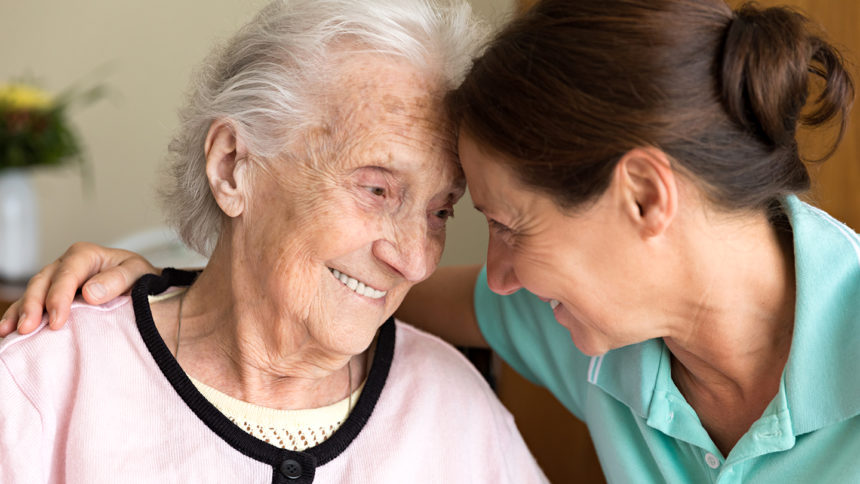
Most people are able to live at home during the end of their lives, and not all need professional care, according to a new report published on Wednesday in BMC Geriatrics.
A team from Rutgers University tracked the end-of-life trajectories for 199,828 people who used Medicare during the last three years of their lives and died in 2018. All of the people were aged more than 50 years. Of the people studied, 59% spent the last three years of their lives residing at home, where friends and family cared for them. Most people didn’t need professional care; those that did tended to receive it during their last year of life.
The data also showed that 27% of people who died in 2018 received skilled care at home, such as having a home nurse. Of all the people tracked, 14% required care in a nursing home or hospital; those people received almost all of their care from healthcare professionals.
“Most people want to stay at home with minimal professional help,” Olga Jarrín, PhD, RN, a professor of nursing research at Rutgers and senior author, said in a HealthDay article. “However, the goal for a significant minority of people is to avoid being a burden to family and friends, and such people tend to want professional care.”
Data also revealed some demographic patterns that came about during the end of the people’s lives. For example, women were more likely to need professional care, whether that was at home or changing their residence to a nursing home. Those women also were more likely to be Black and Medicaid beneficiaries, the researchers noted.
That might reflect “clinical and policy factors that dictate where and when patients receive care,” said Haiqun Lin, MD, a professor of biostatistics at Rutgers and the lead author.
Gaining a better understanding of those patterns is crucial for advance care planning, Lin said. Jarrín added that the research can help clinicians design interventions that align with the path people would like to take as they approach the end of their lives.




